Can You Tell When Your Favorite CEO Uses AI? (Spoiler: Yes.)
This week, I saw a prominent industry CEO post something meaningful on LinkedIn. The photos were great… real people, real moments.
But the words? Flat. Generic. Painfully obvious AI.
What’s interesting is that the post still got great engagement, but after reading it… the real people and real moments were sabotaged by hollow thoughts that only AI could generate.
Living in a Petri Dish
We all know we're at this weird crossroads right now. Everyone's trying to figure out how to use AI, when to use it, and we’re all getting it wrong. We’re testing, trying, and telling ourselves that AI is making things easier. We’re all in this grand science experiment but haven’t really yet realized that’s what’s happening.
AI tools have become the new microwave of content creation. Quick, easy, and producing something that technically looks like the real thing but lacks all the flavor and nutrition of something made with care. It’s like dressing up a microwave dinner as your grandmother’s recipe and hoping that nobody notices.
Real thought leadership has always been about one thing - trust. And right now, trust is becoming the biggest casualty.
I've been watching this trend accelerate, and it's not just ChatGPT anymore. There are all these tools creating what I call "viral structured" posts - you know the ones. They follow a formula, hit all the engagement buttons, but when you really read them, they're saying absolutely nothing of value. No new takes, no human insight.
Credibility Earned the Hard Way
This raises an uncomfortable question: What happens to actual lived expertise? For decades, leaders earned their authority the hard way - by sharing their scars, their failures, the lessons that only lived experience can teach. Now that slow-earned credibility is competing with machine-generated fluff.
And everyone's starting to notice. Trust me on this one.
AI doesn't have to be the villain in this story. Used responsibly, it can actually sharpen ideas, help refine arguments, surface research we might have missed. The danger comes when we use it as a complete shortcut, outsourcing our entire voice to a machine.
The executives who rise above the AI fluff are going to be the ones who dare to be human. Vulnerability, specificity, even imperfection - these are the currencies that still matter in a marketplace drowning in sameness. I actually miss seeing typos (an extra space, an out of place comma…) because at least I knew a real human typed the words. Oh, the good ole days…
Here's my challenge to you: Don't let a machine tell your story. Your authentic voice, with all its quirks and imperfections, is your superpower in an AI-saturated world. Don't give that up for the sake of convenience. Or saving a few minutes. Or “fear” that you’ll have a typo or say something that isn’t “machine perfect.”
What do you think? Are you seeing this shift too? And, if so, what are you willing to do about it?
